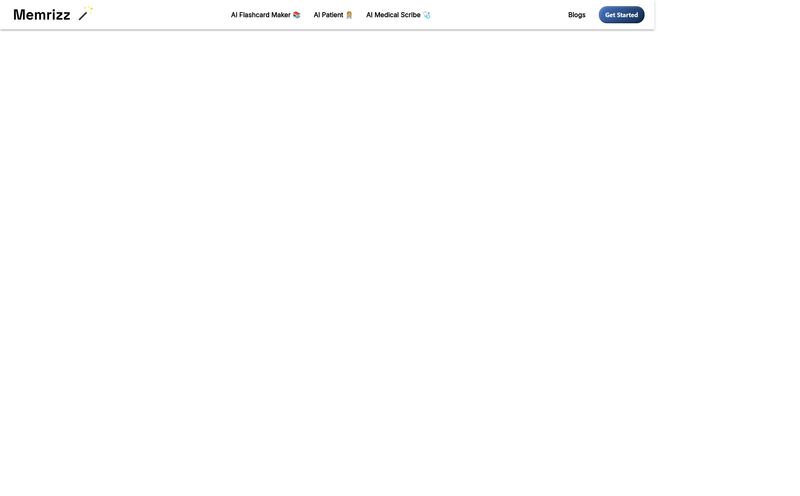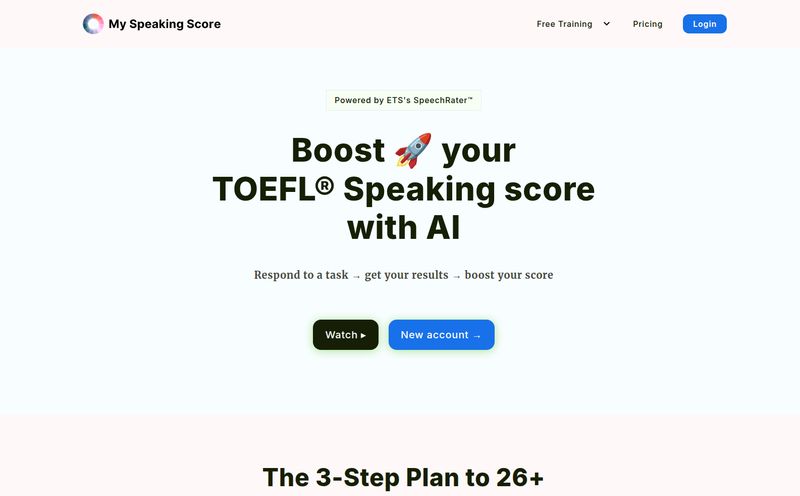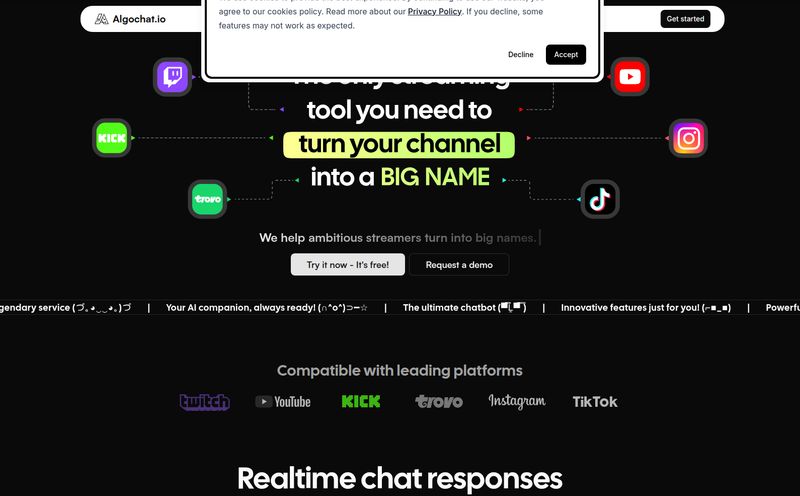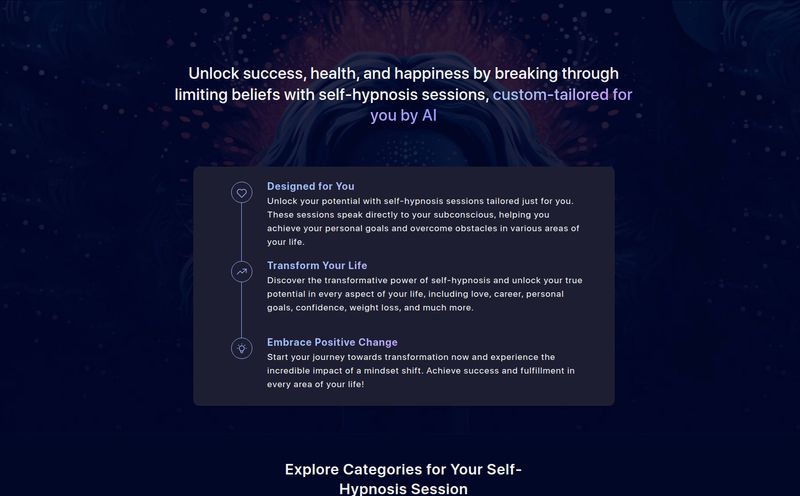I’ve been in the SEO and digital trends game for a long time. You see a lot of things come and go. Hype cycles that fizzle out, ‘game-changers’ that barely change the rules of checkers. But every so often, you stumble across an idea so profound, so elegantly simple in its concept, that it makes you stop and just… think.
That was me a few days ago when I first heard about NOETICA by Unicorn Labs. The pitch? An AI application that can detect the early signs of Alzheimer’s disease simply by analyzing a person's voice. No needles. No expensive, intimidating brain scans. Just talking. It sounds like something straight out of a sci-fi novel, doesn't it?
Alzheimer's is a monster. Many of us have seen its shadow touch our families or the families of our friends. It’s a slow, cruel thief of memories and personality. The one thing every expert agrees on is that early detection is absolutely critical. It doesn’t offer a cure, not yet, but it offers a chance to plan, to manage symptoms, and to maximize quality of life. So, an accessible, non-invasive screening tool? Yeah, that got my attention.
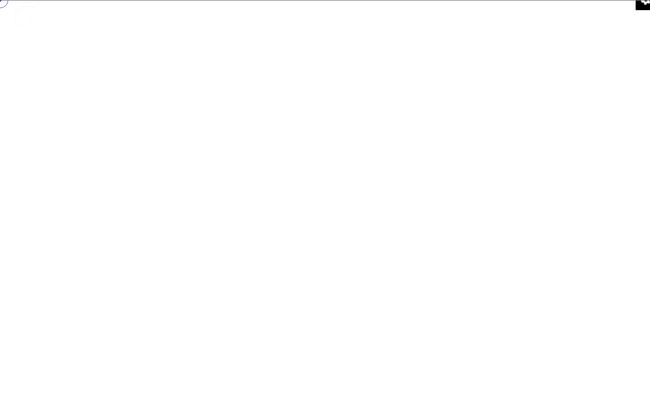
Visit NOETICA by Unicorn Labs
So, What Exactly is NOETICA?
At its core, NOETICA is (or was, more on that later) an AI-powered tool designed to be an early warning system. Unicorn Labs, the company behind it, claimed a model accuracy of 81%. That’s a pretty solid number. The idea is that you’d use the app, it would record and analyze a sample of your speech, and its algorithm would search for the nearly imperceptible markers that researchers have linked to early-stage cognitive decline.
It’s designed to be a fast and reliable alternative to the often grueling and expensive traditional methods. Think of it less as a final diagnosis and more like an incredibly sophisticated smoke detector for the brain.
How Can a Voice Betray a Brain Disease?
This was my first question. It sounds a bit like voodoo, right? But there’s actually some fascinating science behind it. Alzheimer’s is a neurological disease, and our ability to speak is one of the most complex neurological tasks we perform. It’s a symphony of memory, muscle control, and rapid-fire processing.
When a neurodegenerative disease begins to take hold, it can create tiny, subtle dissonances in that symphony. According to research, including work highlighted by the Alzheimer's Association, these aren’t things an average person would notice in a casual conversation. We’re talking about:
- Acoustic Changes: Subtle shifts in pitch, tone, or volume.
- Linguistic Shifts: Changes in grammar, using simpler words, or having trouble finding the right word (lexical diversity).
- Hesitation and Pauses: An increase in pauses or 'filler' words as the brain works harder to retrieve information.
An AI can be trained to pick up on these minute patterns across thousands of data points in a way the human ear just can't. It’s like a detective for your voice, looking for clues that are invisible to the rest of us. It’s a powerful concept.
The Huge Upside: The Promise of Early Detection
Let's talk about why this idea is so exciting. If a tool like NOETICA works as advertised, the benefits are genuinely massive.
A Truly Non-Invasive Method
Current diagnostic paths for Alzheimer's can involve lumbar punctures (spinal taps), PET scans, and extensive cognitive testing. They are invasive, expensive, and can be stressful for the patient and their family. The ability to get an initial screening by simply speaking into your phone for a few minutes is… well, it’s a revolution in accessibility. It democratizes the first step of the diagnostic process.
The Power of Knowing Sooner
I can’t stress this enough. Getting an 18-24 month head start on managing Alzheimer's is a gift. It allows for financial planning, arranging care, starting available treatments to manage symptoms, and making important life decisions while the individual still has full agency. A fast, easy screening tool could push the average detection timeline way, way up.
Let’s Talk About that 81% Accuracy
Okay, an 81% accuracy rate is both amazing and something to be cautious about. It’s significantly better than a random guess, and for a screening tool, it's a fantastic starting point. It’s high enough to be genuinely useful. But—and this is a big but—it’s not 100%. This isn’t a magic 8-ball that gives a definitive yes or no. It's a data point. A very, very important one, but still, just one piece of the puzzle.
The Reality Check: Hurdles and A Curious Disappearance
Now, for the dose of reality. As a tech analyst, my optimism is always fused with a bit of skepticism. And with NOETICA, there are a few wrinkles.
The Elephant in the Room: It's Gone
Here’s the weird part. When I went to check out the NOETICA site for myself, ready to see what the interface looked like, I was met with… nothing. A “No page could be found” error. The digital equivalent of an empty storefront with the lights off.
What does this mean? Who knows. It could be anything. Maybe they're rebranding. Maybe they were acquired by a larger health-tech company and the tech is being integrated into another platform. Maybe they hit a snag in funding or development. Or maybe it was just a server glitch the day I looked. It’s a strange situation for a tool with such groundbreaking potential and it leaves a huge question mark hanging over the project. For a tool focused on detection, it has ironically become hard to detect itself.
The 19% Question
Let's go back to that accuracy number. If the tool is 81% accurate, that means it’s inaccurate 19% of the time. This is the part that gives me pause. A false positive—telling someone they might have signs of Alzheimer’s when they don’t—could cause unimaginable stress and anxiety. A false negative could give someone a dangerous sense of security, causing them to ignore other symptoms. This is why it’s absolutely critical that tools like NOETICA are positioned as screening assistants, not as standalone diagnostic tools. The results should be a trigger for a conversation with a real doctor, not a replacement for one.
The Bigger Picture for AI in Medicine
Regardless of what's happening with NOETICA specifically, it represents a trend that isn’t going away. AI is slowly but surely becoming an indispensable partner in healthcare. We’re already seeing algorithms that can read medical imaging like X-rays and MRIs with accuracy that rivals, and sometimes surpasses, human radiologists. They can parse through millions of patient records to find patterns in disease progression that would take humans decades to uncover.
"This isn't about replacing doctors. It's about giving them better tools, clearer signals, and more time to focus on the human element of care."
Voice as a biomarker is just one frontier. It's a powerful one because it's so data-rich and easy to collect. The future of a quick health check-up might not just be a thermometer and a blood pressure cuff, but a two-minute conversation with an AI.
Frequently Asked Questions about NOETICA
- Is NOETICA a replacement for a doctor's diagnosis?
- Absolutely not. It should be viewed as a preliminary screening tool. Any results or concerns should always be discussed with a qualified medical professional for proper diagnosis and guidance.
- How accurate is AI voice analysis for Alzheimer's?
- NOETICA claimed an 81% model accuracy. While impressive, this means it's not perfect. It's a tool to indicate potential risk, not to provide a definitive diagnosis.
- Is NOETICA available to use right now?
- As of late, the official website for NOETICA is unavailable. Its current status and availability are unknown, which is a major point of confusion.
- What kind of speech patterns does the AI analyze?
- The AI looks for sub-perceptual changes in speech, including acoustic features (pitch, volume), linguistic complexity (grammar, vocabulary), and pauses or hesitations. These can be early indicators of neurological changes.
- Who would be the ideal user for a tool like this?
- The target audience would likely be individuals with concerns about their cognitive health, caregivers monitoring loved ones, and clinicians looking for a quick, data-driven screening tool to use in their practice.
- What about data privacy with my voice?
- This is a critical question for any health-tech app. A reputable service would need to have stringent data privacy policies, like HIPAA compliance in the U.S., ensuring that sensitive health data is anonymized and securely stored.
Final Thoughts on a Curious Case
NOETICA is a fascinating case study. It’s a glimpse into a future where our own voices might hold the key to early disease detection. The concept is brilliant, the need is undeniable, and the technology is finally catching up to the idea.
The current mystery surrounding its availability is frustrating, but it doesn’t diminish the power of the concept. I truly hope that Unicorn Labs, or someone else, brings a tool like this to the public in a responsible, ethical way. Because in the fight against a disease like Alzheimer's, we need every innovative, creative, and accessible tool we can get. I, for one, will be keeping an ear out.
Reference and Sources
- Alzheimer's Association: "First-of-its-kind study reports finding Alzheimer's disease biomarkers in speech"
